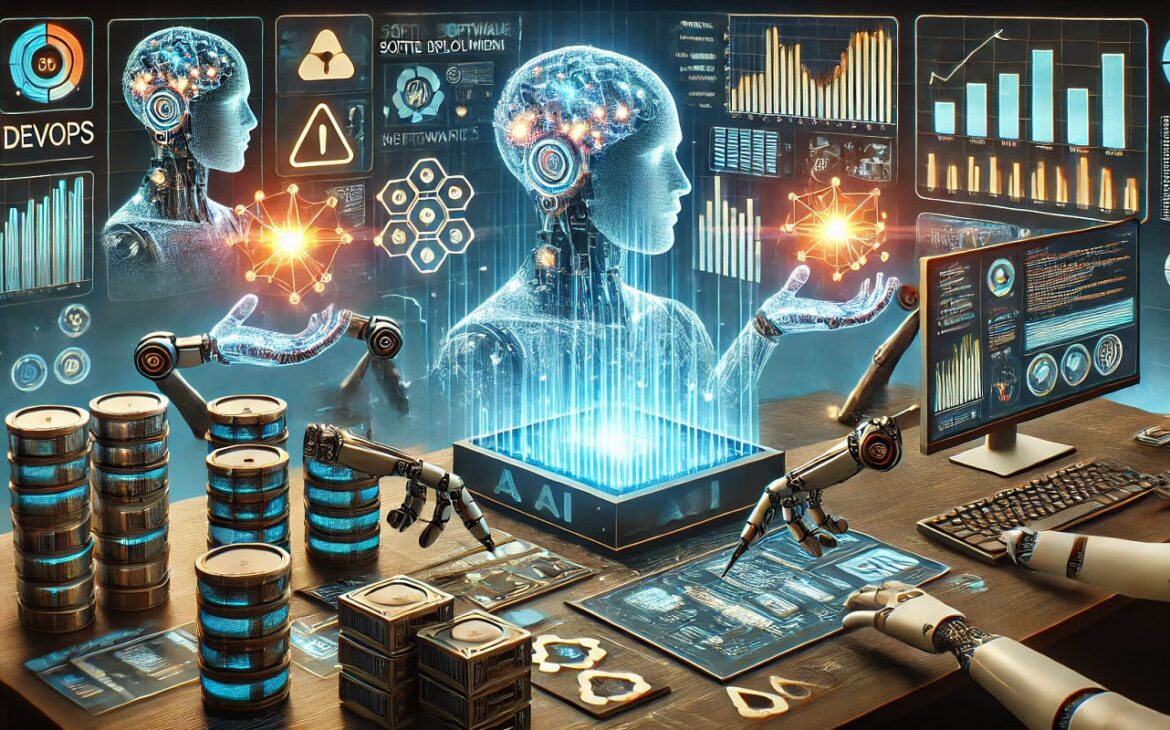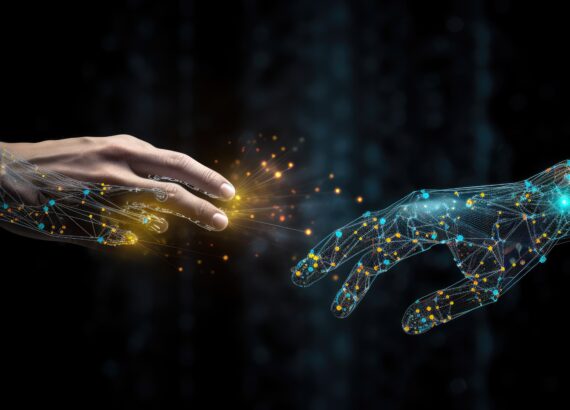When OpenAI, the company behind ChatGPT, recently signed a pivotal MoU with the IndiaAI Mission to launch OpenAI Academy India, it wasn’t just another educational initiative—it marked a profound transformation. At a launch event on June 5–6, 2025, in New Delhi, OpenAI’s Chief Strategy Officer Jason Kwon hailed India as a “global AI powerhouse.” This blog delves into what this means—not just in headlines but for students, entrepreneurs, government officials, and the future of India itself.
A Seed Planted: Why OpenAI Chose India First
India wasn’t randomly picked. It was chosen, and not just for its size. The decision to launch OpenAI Academy in India as the first international chapter is a recognition of India’s existing strengths: its booming tech-savvy youth, its army of developers, and its massive adoption of generative AI tools like ChatGPT. India already ranks among the top 10 countries building on OpenAI’s API, and it’s the second-largest user base of ChatGPT globally. That’s no coincidence.
From IIT students fine-tuning AI models to small business owners using AI-generated content for growth, the country has already made AI a part of daily life. But OpenAI saw something more—a vision, a commitment, a government-backed structure that is prepared to take this to the next level. They saw the potential not just in urban centres but in the undercurrents of India’s rural and tier-2 cities, where transformation is waiting for a push.
What Is the OpenAI Academy India?
Well, it’s a movement. The OpenAI Academy India isn’t just handing out certificates. It’s about unlocking doors for students, teachers, civil servants, entrepreneurs, and even NGOs who had never imagined integrating AI into their work. At its core, the Academy offers a hybrid model. There will be online courses—videos, hands-on tutorials, simulations—as well as offline, in-person workshops in six key Indian cities. The language of instruction begins with English and Hindi, but OpenAI and IndiaAI are actively working toward regional language inclusion.
The scale is astonishing. They aim to train over one million teachers in using generative AI. Imagine that—1 million teachers who could change the way millions of students learn every day. That’s a generational ripple. But it’s not limited to education. Hackathons will run across seven states, engaging more than 25,000 students. Winners will earn access to Dev Day events, exclusive mentorship, and precious API credits. Startups will be handpicked for incubation support, including $100,000 in OpenAI credits for 50 Indian innovators.
And civil servants won’t be left behind. Through India’s iGOT Karmayogi platform, government officials will also be trained to use AI in governance, public health, and policymaking. This is cross-sector capacity-building at an unprecedented scale.

What the Academy Offers — More Than Just Courses
Hybrid Learning Tailored for India
Through a blend of online modules (videos, tutorials, interactive sessions) and offline workshops in six major cities, the Academy adopts a truly hybrid model. The initiative starts in English and Hindi, with expansion into regional languages later.
Upskilling a Million Teachers
OpenAI aims to empower about one million educators in generative AI—laying the groundwork for systemic transformation in India’s classroom.
Hackathons, Credits, Careers
- Hackathons across seven states, engaging ~25,000 students
- Winners earn API credit and invitations to OpenAI Dev Day abroad.
- $100,000 in credits earmarked for 50 startups or fellows selected by IndiaAI
Nonprofit Engine
The AI for Impact Accelerator, operating under OpenAI Academy, has already issued $150k in grants/API credits to 11 NGOs, focusing on healthcare, education, agriculture, and digital inclusion. Projects include:
- Rocket Learning is using generative AI to power WhatsApp-based early childhood education programs. They’re already impacting 4 million children across 11 states.
- Pinky Promise, a reproductive health platform, implemented an AI chatbot that helped raise medication adherence rates to 92%—a huge leap for maternal health.
- I-Stem, a group working on digital inclusion for the visually impaired, has already converted over 1.5 million web pages into accessible formats using AI.
More Than Skills: It’s About Shaping Mindsets
What’s revolutionary here isn’t just the transfer of knowledge. It’s the change in attitude. Students who once thought of AI as “not for me” are now attending local workshops with ChatGPT as a study partner. Teachers who felt overwhelmed by tech are now training to use AI to create personalized lesson plans. NGO founders are building AI models that operate in Kannada or Marathi, solving issues with deep regional relevance. This is cultural change. The kind of foundational shift that builds not just jobs but entirely new possibilities.
And India isn’t just being trained to use AI tools. It’s being taught how to build them, audit them, scale them responsibly, and embed them into governance and public systems.

Challenges? Of Course. But Not Roadblocks.
No transformation is without friction. For one, India’s vast language diversity poses a serious challenge. A rollout in just English and Hindi is a start, but if AI is to truly reach the heartlands, support for Tamil, Bengali, Marathi, Telugu, and dozens of other regional languages is non-negotiable. Another challenge is infrastructure. Running foundation models locally requires heavy computing infrastructure. India is building it—one data centre at a time—but it will need time and investment to catch up.
Ethical concerns are real, too. Biases in training data, misinformation, surveillance—these are all valid worries. That’s why India is simultaneously working on an AI Safety Institute to ensure that deployment aligns with Indian values and legal frameworks. But none of these are dealbreakers. They’re work-in-progress realities of a country that is building something massive from the ground up.

Conclusion
The launch of OpenAI Academy India is more than a milestone—it’s a movement. It signals India’s stride from aspirational rhetoric to infrastructural readiness, from talent to action, from policy to practice.
Stay up-to-date with Nextr Technology. Follow for more such updates!
Thank you for reading
Buy Web Hosting at an affordable price: Buy Now.
If you want to build your website at an affordable price, contact www.nextr.in
Read this: How AI is Changing Education


















